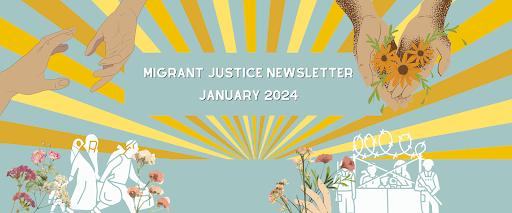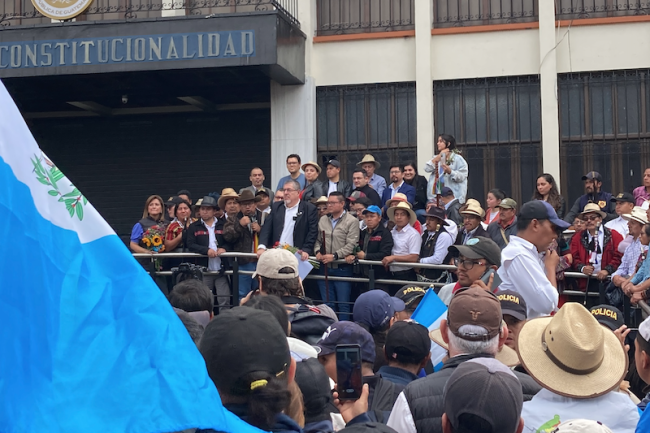Over the last 12 months, there have been 1,482 ICE removal flights, mostly to Latin America and the Caribbean. Notably, there is a focus on removal flights to countries like Honduras, Guatemala, and El Salvador, raising concerns about the impact on individuals' rights and well-being. Three-quarters of removal flights are to those three countries.
The lack of access to asylum at ports of entry has led to distressing situations for asylum seekers. US lawmakers are considering stricter restrictions on asylum, jeopardizing the safety and well-being of vulnerable individuals. The need for improving access to asylum and addressing the challenges faced by asylum seekers, especially women and children, is crucial.
Read the full IRTF Migrant Justice Newsletter each month at https://www.irtfcleveland.org/blog .


